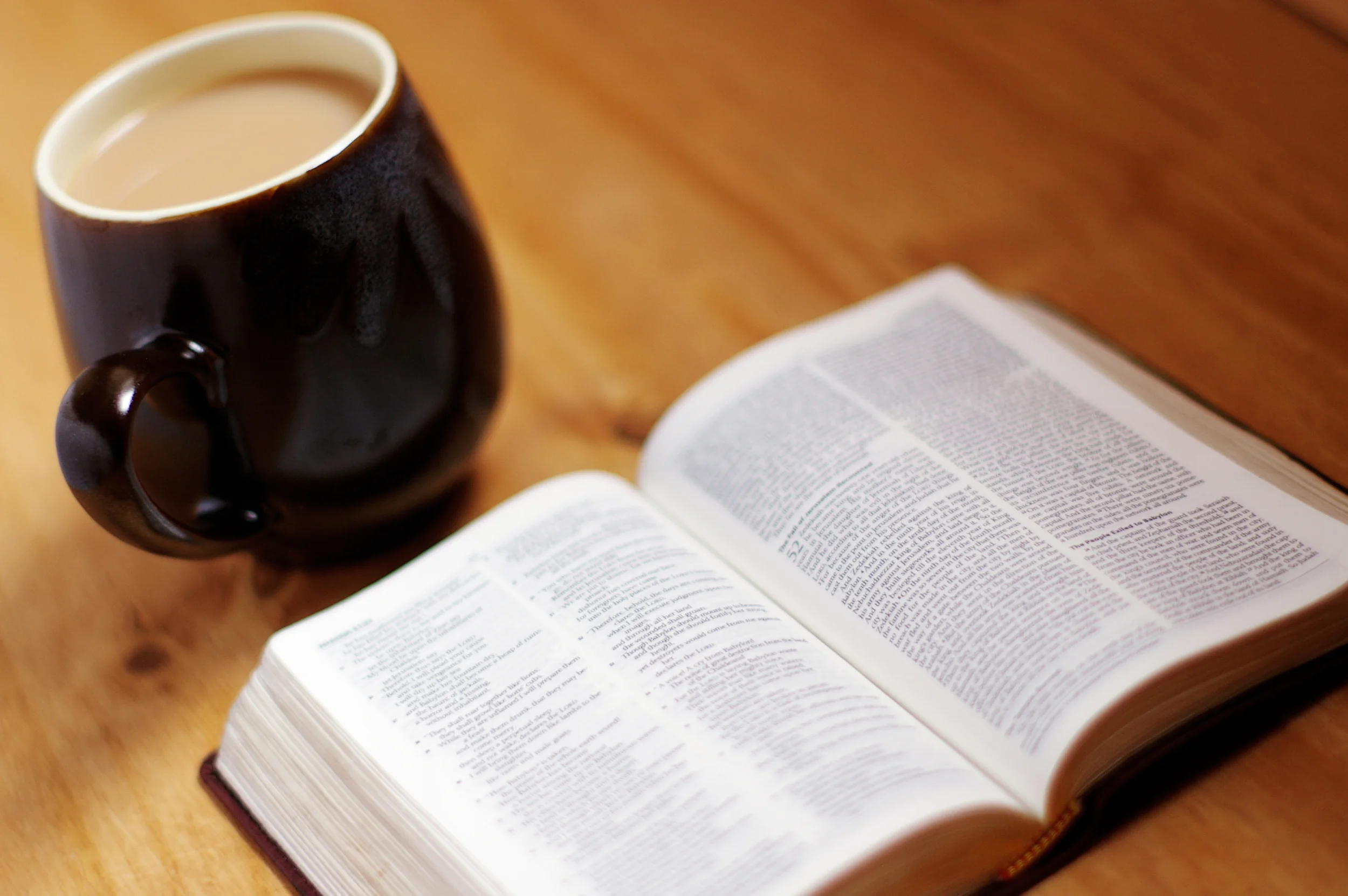Freedom is Good News Part 154
/In our previous article, we were discussing the importance of making a covenant with God. God, indeed, takes covenant making very seriously.
We were looking into the covenant that ancient Israel made with God in the wilderness of Sinai after He brought them out of bondage to the Egyptians. After meeting with God in Exodus 19 and then having the Ten Commandments spoken to them in chapter 20, Moses becomes the intermediary and relays the terms of the covenant to Israel in chapters 21 through 23. In these chapters we find such laws as; idolatry, servitude, assault and battery, kidnapping, murder, protection of property, social responsibility, false witnessing, denial of justice in court, keeping the Sabbath, keeping the annual festivals and finally trusting in God to establish them in the promised land.
Most of these are laws that any civilized nation would desire to have in order to have an orderly society. Israel had just come out of bondage to an oppressive government. There was so much for them to learn. One of the wonderful things God was giving them was the blessing of a day off from labor – the Sabbath! In Egypt, they would have had to work seven days a week without any time off. What a gift this Sabbath rest was for them.
In chapter 24:3 we read, “Moses came and told the people all the words of the Lord and all the instructions. And all the people answered with one voice and said, “All the words that the Lord has spoken we will do.”
The making of this covenant would be sealed and ratified by the parties with the presentation of a sacrifice of a burnt offering. Interesting enough, the blood of these sacrifices would be the agent used finalizing the deal. And then Moses did this, “Moses took the blood and sprinkled it on the people and said, “This is the blood of the covenant that the LORD has made with you in accordance with all these words.” Do the words Moses used in this ceremony ring a bell with you?
Some 1600 years later in an upper room in the city of Jerusalem Jesus had His disciples gathered together for what would be His final Passover with them. “And as they were eating, he took bread, and after blessing it He broke it and gave it to them, and said, ‘Take it; this is my body.’ And he took the cup, and when he had given thanks he gave it to them, and they all drank of it. And he said to them, ‘This is my blood of the new covenant, which is poured out for many.’” (Mark 14:22-24)
Moses was rehearsing an event that would have everlasting effects upon the entirety of the world. Moses words were a harbinger of what was to come. Just as the first Passover in Egypt, where the blood of a lamb brought salvation to Israel, was truly a rehearsal for the salvation of all of mankind in that upper room hours before Jesus Christ would shed His blood and place His signature on the new covenant God was making through His Son.
Are we to take that covenant seriously? Did God take that covenant seriously? Jesus ratified that covenant with His blood – how are we to ratify it? More to come!!
